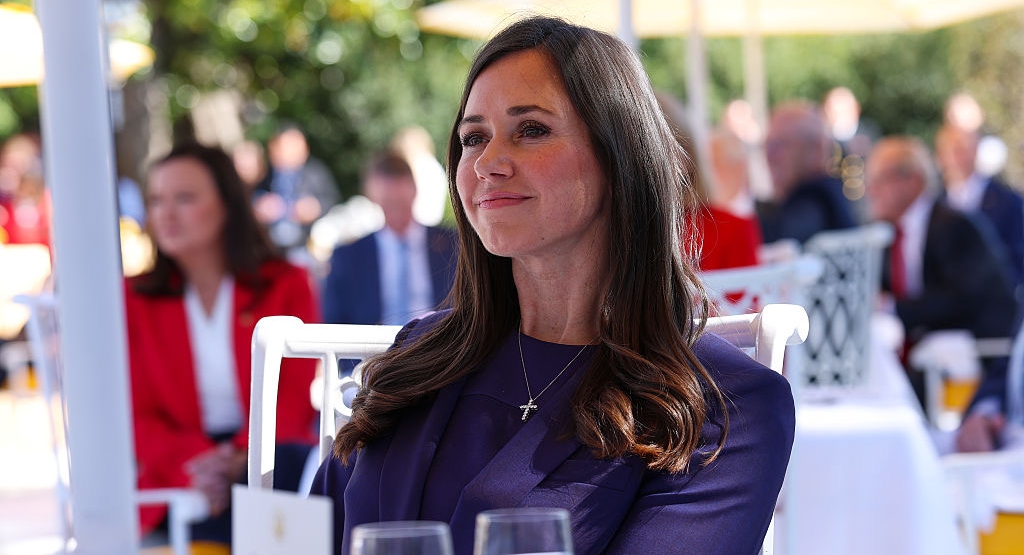Timing is everything.
And Birmingham’s timing for becoming a host city in the North American effort to secure the 2026 World Cup was awful. Wednesday, a combined bid from the United States, Mexico and Canada won the hosting rights. Sixty of the 80 matches, including the final, will be in the U.S.
Last August, Birmingham was one of about 50 cities that received a bid package to become one of at least 11 U.S. venues, said Gene Hallman, president and CEO of the Bruno Event Team.
“It was the worst timing,” said Hallman, who was a key player in bringing Olympic soccer to Birmingham in 1996. “Our challenge was, we had to bid Legion Field. Legion Field was not competitive.”
Hallman said he called U.S. soccer officials about bidding the new stadium at the Birmingham-Jefferson Convention Complex (BJCC) as the city’s venue for games. At that time, though, funding for the stadium was not in place.
“You can’t bid a hypothetical,” Hallman said.
Still, Hallman said Birmingham may benefit from the winning North American bid. Atlanta “most certainly” will be one of the 11 U.S. venues, he said, and because Birmingham is close to Atlanta, the Magic City stands to gain. It helps, he said, that Birmingham has an “outstanding” relationship with U.S. Soccer.
“We have a very strong possibility of being a host for a team, a country, to do all their training prior to the World Cup in Birmingham,” Hallman said.
Also, Birmingham could become a medical hub for soccer players training and competing in the region to receive treatment, he said, as well as hosting large viewing parties of games that in previous cup competitions have been attended by thousands.
Once the stadium at the BJCC is finished, Birmingham “will definitely be in the mix” for “friendlies,” Hallman said.
“We’ll have a good five years of run-up where we can host a lot of competition prior to the World Cup,” he said.
Hallman said it’s premature to talk about the potential economic impact the World Cup could have on Birmingham if the city ends up playing a prominent role.
“But I can sit here and look into a crystal ball and tell you it’s going to be tens of millions of dollars, if not hundreds of millions of dollars. Because if you look at five years of potential activity at the new stadium, and given the fact that so many of the tickets that we sell to soccer events are to people who do not reside in this community, that’s a big economic impact,” he said. “That’s heads in beds and a very positive impact on the retail sector. So it will be a big economic impact and it will boost our image and reinforce our image as a very good host of international sporting competitions.”
(Courtesy of Alabama NewsCenter)













